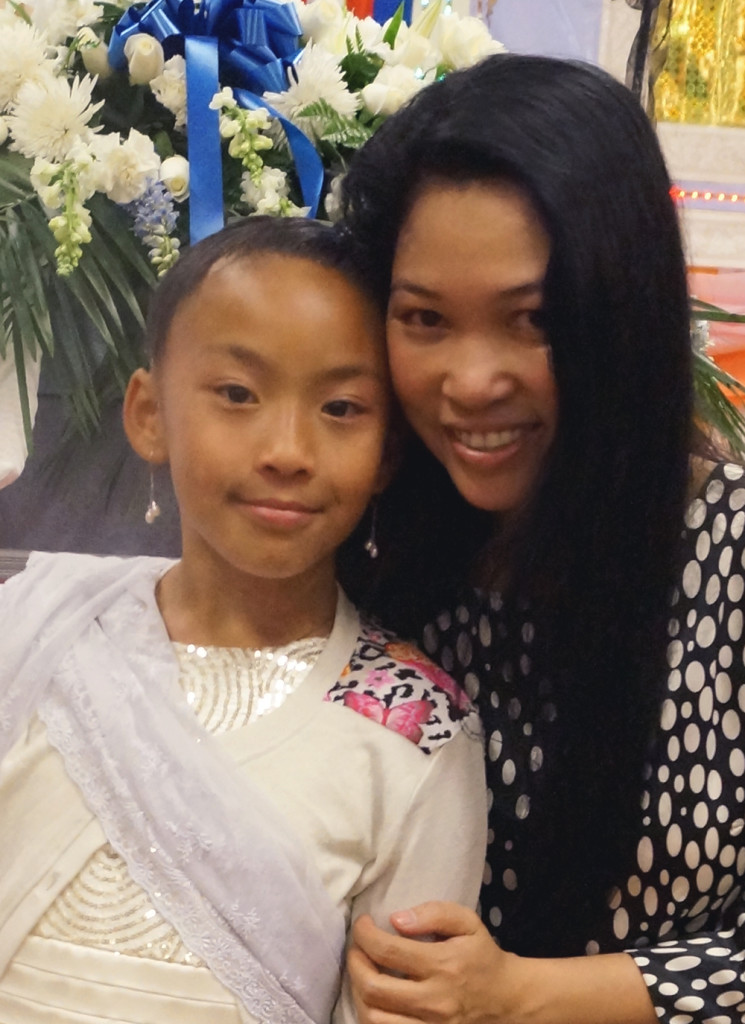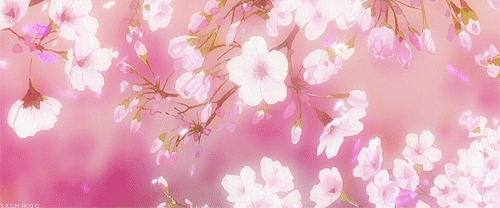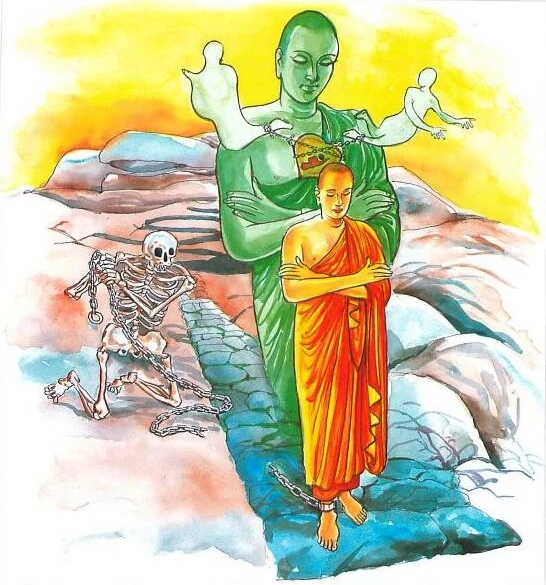
A Dhammatalk by Ajahn Chah
Staying or going is not important, but our thinking is. So all of you, please work together, cooperate and live in harmony. This should be the legacy you create here at Wat Pah Nanachat Bung Wai, the International Forest Monastery of Bung Wai District. Don’t let it become Wat Pah Nanachat Woon Wai, the International Forest Monastery of Confusion and Trouble. Whoever comes to stay here should be helping create this legacy.
The way I see it, the lay people are providing robes material, almsfood, the dwelling place, and medicines in appropriate measure. It’s true that they are simple country folk, but they support you out of their faith as best they can. Don’t get carried away with your ideas of how you think they should be, such as, “Oh, I try to teach these lay people, but they do make me upset. Today is the observance day, and they came to take precepts. Then tomorrow they’ll go casting their fishing nets. They’ll drink their whiskey. They do these things right out there where anyone can see. Then the next observance day, they’ll come again. They’ll take the precepts and listen to the Dharma talk again, and then they’ll go to put out their nets again, kill animals again, and drink again.”
You can get pretty upset thinking like this. You’ll think that your activities with the lay people don’t bring any benefit at all. Today they take the precepts, and tomorrow they go cast the fishing nets. A monk without much wisdom might get discouraged and feel he’s failed, thinking his work bears no fruit. But it’s not that his efforts have no result; it’s those lay people who get no result. Of course there is some good result from making efforts at virtue. So when there is such a situation and we start to suffer over it, what should we do?
We contemplate within ourselves to recognize that our good intentions have brought some benefit and do have meaning. It’s just that the spiritual faculties of those people aren’t developed. They aren’t strong yet. That’s how it is for now, so we patiently continue to advise them. If we just give up on such people, they are likely to become worse than they are now. If we keep at it, they may come to maturity one day and recognize their unskillful actions. Then they will feel some remorse and start to be ashamed of doing such things.
Right now, they have the faith to support us with material offerings, giving us our requisites for living. I’ve considered this: it’s quite a big deal. It’s no small thing. Donating our food, our dwellings, the medicines to treat our illnesses, is not a small thing. We are practicing for the attainment of Nibbāna. If we don’t have any food to eat, that will be pretty difficult. How would we sit in meditation? How would we be able to build this monastery? Continue reading →












